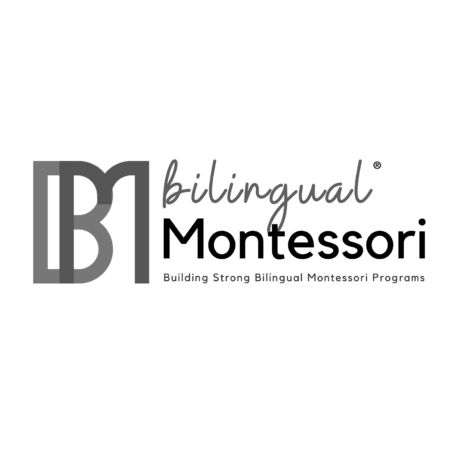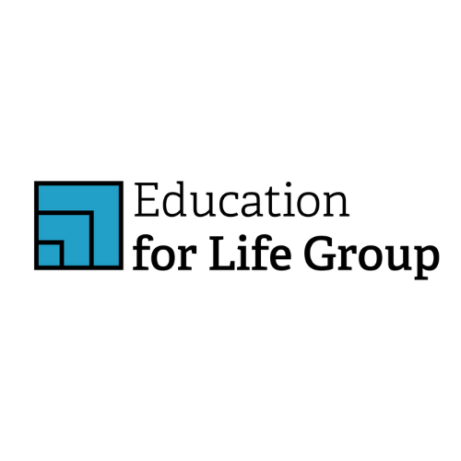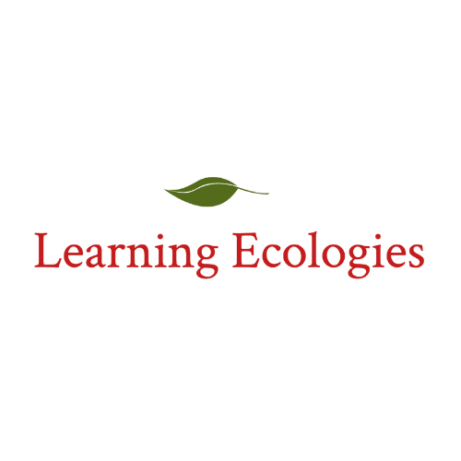SERIES OF ONLINE FISHBOWL DISCUSSIONS
The Basics of Bilingual Montessori
Aoife Ahern, Bilingual Specialist
Heidi Philippart, AMI 0-3 Trainer
Teng-Chien Yu, AMI 3-6 Trainer
Kyla Morenz, AMI 6-12 Trainer
2022
APRIL 11
6:00 - 8:00 PM CEST (GMT+2)
APRIL 25
6:00 - 8:00 PM CEST (GMT+2)
MAY 9
6:00 - 8:00 PM CEST (GMT+2)
MAY 23
6:00 - 8:00 PM CEST (GMT+2)
A unique opportunity to hear AMI trainers, researchers, school administrators, AMI guides and second language teachers talk with each other about core Montessori principles and second language acquisition!
PANELISTS
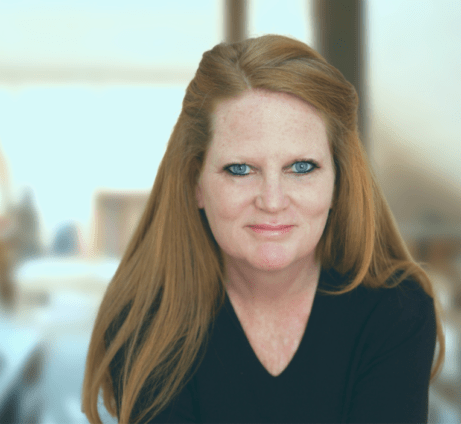
Marikay McCabe, PhD
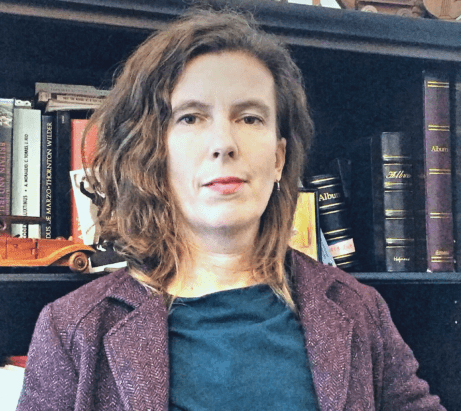
Aoife Ahern, PhD
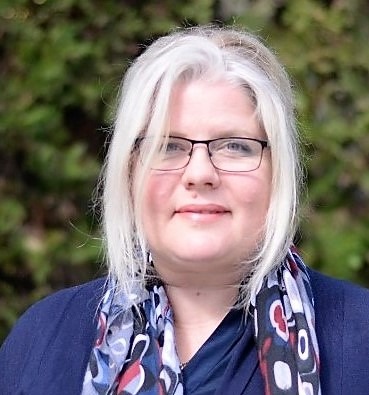
Lucy Welsted

Maria Smirnova
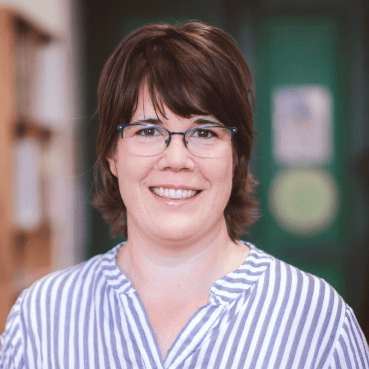
Lucie Urbancikova, M.Ed.
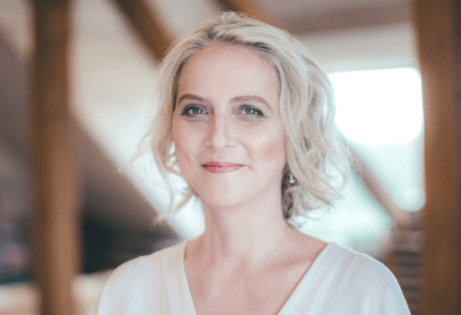
Miroslava Vlckova
THE FISHBOWL DISCUSSIONS
To gain the best results during an upcoming project "Building Bilingual Programs in Elementary Schools" (2022-2025) the project team will start their work by holding FOUR ONLINE DISCUSSION SESSIONS with acknowledged specialists to lay the foundation of principles of bilingual education in each plane of development as understood by Montessori along with the current trends in bilingual education outside of the Montessori setting.
Join the fishbowl sessions to watch the discussions between the project team and the specialists and deepen your understanding of how to build and implement bilingual programs in Montessori schools!
3 AMI Trainers
A Bilingual Specialist
2 Bilingual School Administrators
An AMI 6-12 Trained Guide
2 ESL Teachers
SESSION 1
During the first session Introduction to the Basics of Bilingual Education: Terminology and Basic Concepts the project team in the guidance of Language Specialist Aoife Ahern will explore knowledge about child second language development in connection with recent developments in bilingual education, and some of their practical consequences, in relation to the question of how schools can effectively establish and maintain evidence-based practices for contributing to pupils’ flourishing as multilingual individuals.
An overview will be provided of the stages of child first and second language learning, and some of the predominant views on the fundamental characteristics of these processes.
Different kinds of bilingual education programmes will be summed up and related to the principles that underly them, with a view to linking them to some critical considerations that have led to new perspectives on language education: these include the revision of the roles of the first and second languages in the classroom and the need for implementing functional approaches to bilingual literacy such as genre pedagogy.
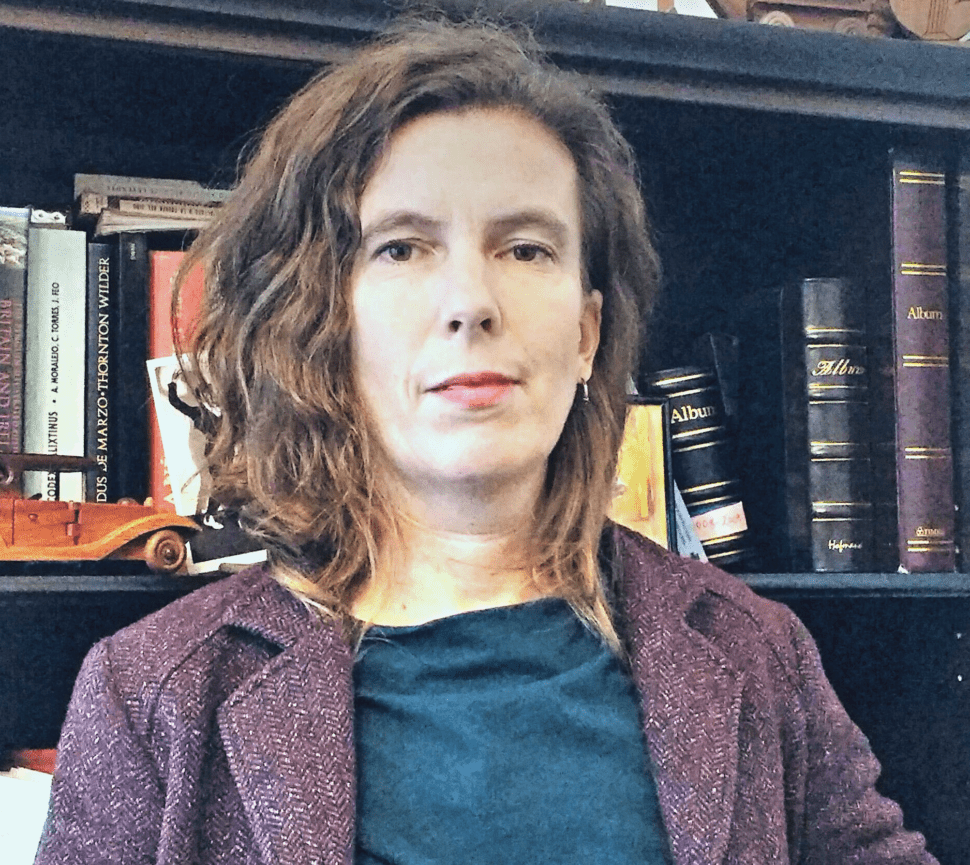
Aoife Ahern
SESSION 2
In the second session the project team will discuss the principles of bilingual education in the age group 0-3 with AMI Teacher Trainer Heidi Philippart. Together they will look at the child under 3, who is required to create language, the language of the environment and the language of the group/culture.
The discussion will be reflected upon the ability of the first plane child to learn any language, and as many languages as are spoken in the environment.
Heidi will guide the team to think about the Montessori approach, following the interests and abilities of the child. The child will do the rest, as he/she is driven to become a fully social being of his/her time and place.
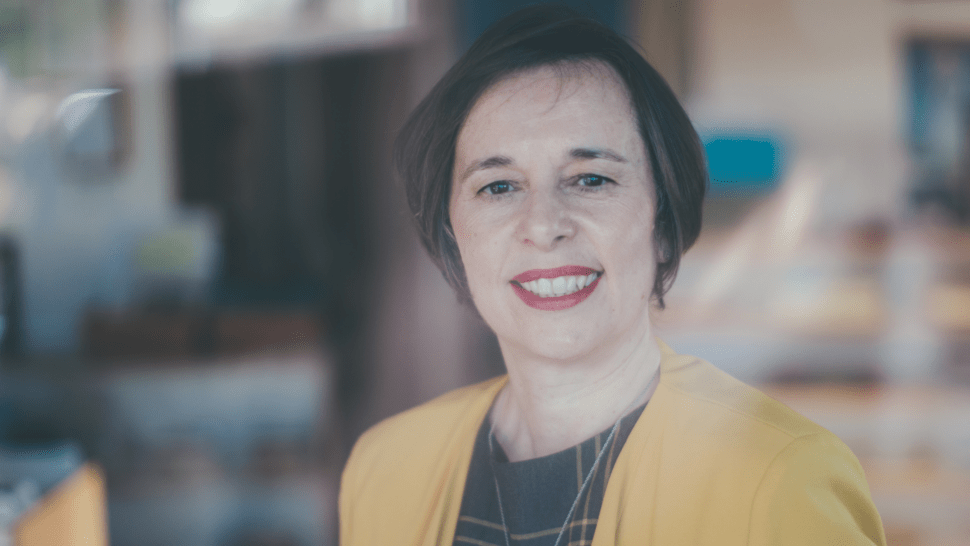
Heidi Philippart
SESSION 3
In the third session AMI Teacher Trainer Teng-Chien Yu will share his experience with the project team and the fishbowl discussions audience to reflect upon the principles of bilingual education in the age group 3-6.
Coming from Taiwan which is a multi-lingual society where most people growing up are exposed to at least two languages, Teng-Chien started teaching English as a foreign language since his early twenties and discovered that the acquisition of a foreign language is very much similar process as learning mother tongue.
Having applied several methodologies in his work as well as designing curriculums and training English teachers, he will share during this session with what he have experimented.
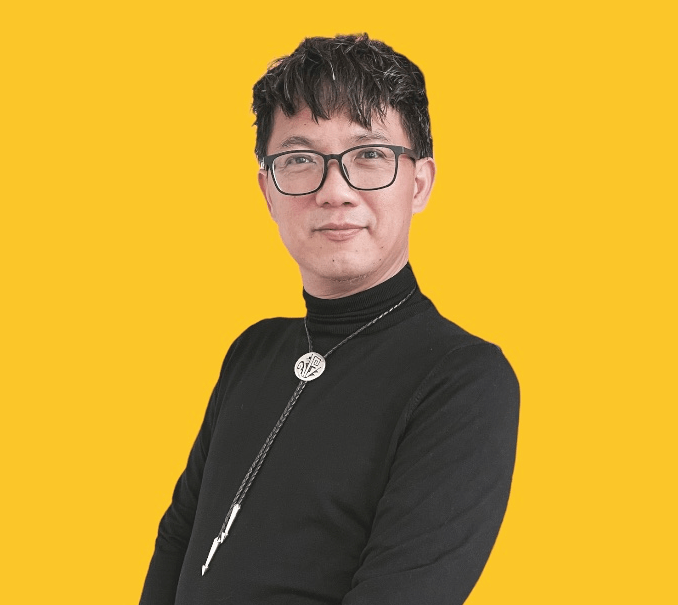
Teng-Chien Yu
SESSION 4
In the last session the project team will discuss the principles of bilingual education in the age group 6-12 with AMI Teacher Trainer Kyla Morenz.
Kyla will guide the team to address not only "what", "how" and "why" when developing a method for supporting the acquisition of additional language(s), but also the "who", "when" and "where". Together with the team she will look more closely at the "who" and "where" questions within the context of the Montessori approach to education as "a preparation for life" and examine the characteristics of children from 6 to 12 years of age.
The team will also be encouraged to look at the prepared environment which Dr. Montessori has suggested responds appropriately to these characteristics.

Kyla Morenz
THE BILINGUAL MONTESSORI PROJECT
The series of online fishbowl discussions between Montessori education and language experts is a pilot event to a project funded by the Erasmus program called "Building Bilingual Programs in Elementary Schools" (2022-2025). The main outcomes of the project will be three online courses and corresponding methodologies on how to build and implement bilingual Montessori programs. These courses and methodologies will be designed for school administrators, trained Montessori guides and second language teachers.
To learn more about the project visit the project website.

